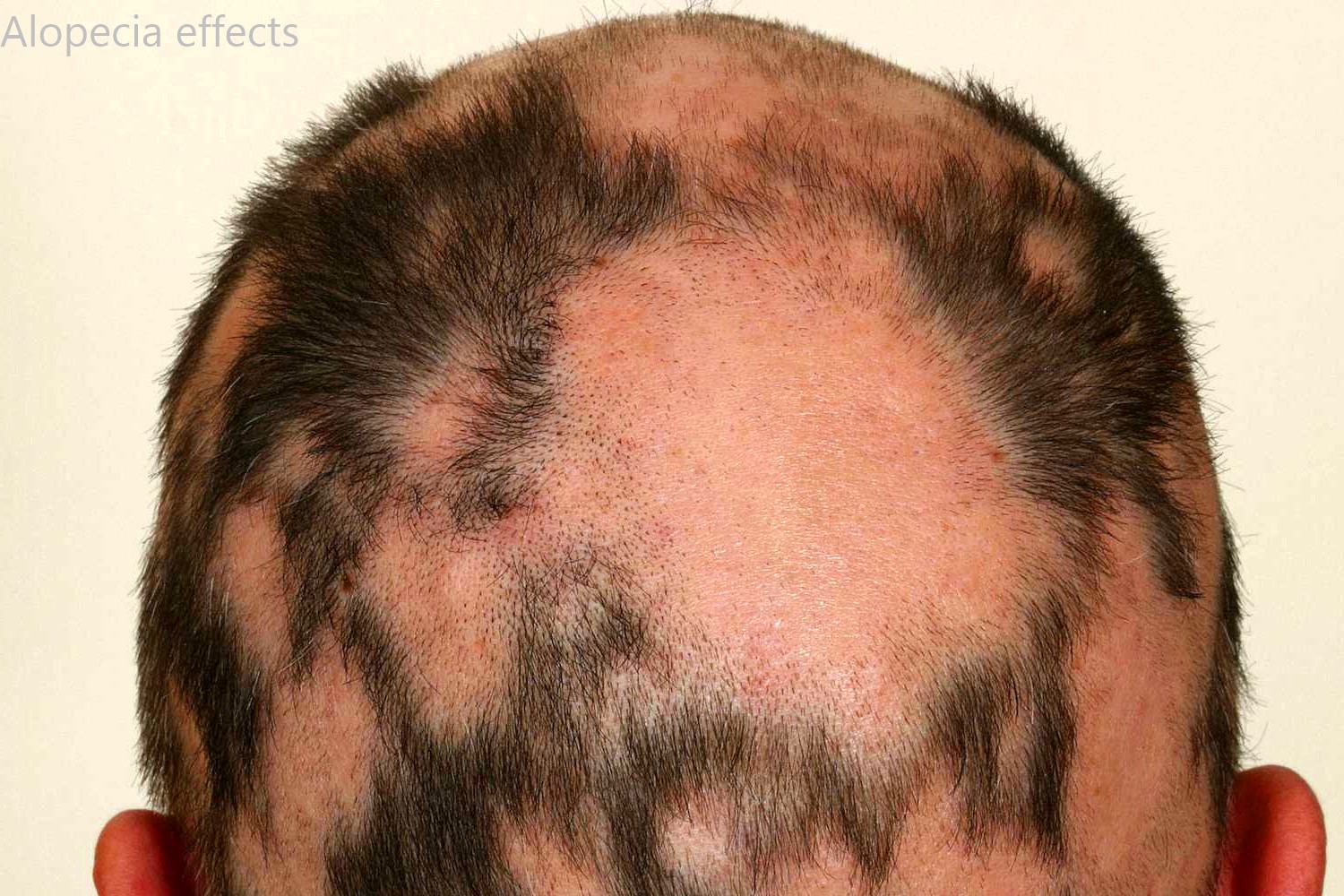Alopecia, commonly known as hair loss, can be a distressing condition for anyone, particularly women. It manifests in various forms, from patchy bald
Alopecia, commonly known as hair loss, can be a distressing condition for anyone, particularly women. It manifests in various forms, from patchy bald spots to complete loss of hair on the scalp. While genetics, hormonal changes, and medical conditions are often associated with alopecia, the use of chemical hair relaxers has emerged as a significant contributing factor.
Contents
- 1 Chemical Hair Relaxers: An Overview
- 2 Link Between Chemical Hair Relaxers and Alopecia
- 3 Effects of Chemicals on Hair and Scalp
- 4 Preventing Alopecia Caused by Chemical Relaxers
- 5 Seeking Professional Advice
- 6 Real-Life Stories and Testimonials
- 7 Empowerment and Self-Acceptance
- 8 Support Communities and Resources
- 9 Understanding Psychological Impacts
- 10 Cultural and Societal Influences
- 11 Promoting Awareness and Education
- 12 The Importance of Regulation
- 13 Conclusion
- 14 FAQs
Chemical Hair Relaxers: An Overview
Chemical hair relaxers are products designed to alter the structure of curly or kinky hair, making it straighter and more manageable. These products contain potent chemicals such as sodium hydroxide, calcium hydroxide, or guanidine hydroxide, which break down the protein bonds in the hair shaft, allowing it to be reshaped.
Link Between Chemical Hair Relaxers and Alopecia
Research has shown a clear correlation between the use of chemical hair relaxers and various forms of alopecia. The harsh chemicals present in these products can damage the hair follicles and lead to hair loss over time. Additionally, repeated exposure to relaxers can cause scalp irritation and inflammation, further exacerbating hair loss.
Read More: What Research Says About Hair Relaxers and Cancer?
Effects of Chemicals on Hair and Scalp
The chemicals found in hair relaxers penetrate the hair shaft, weakening its structure and making it more prone to breakage. Moreover, these chemicals can irritate the scalp, causing redness, itching, and in severe cases, chemical burns. Prolonged use of relaxers can result in irreversible damage to both the hair and scalp.
Preventing Alopecia Caused by Chemical Relaxers
To prevent alopecia caused by chemical relaxers, it is essential to explore safer alternatives for hair straightening, such as heat styling or natural hair care methods. Adopting a gentle hair care routine and avoiding excessive heat and chemical treatments can help maintain the health of the hair and scalp.
Seeking Professional Advice
If experiencing hair loss or scalp irritation due to chemical relaxers, it is crucial to seek the advice of a dermatologist or trichologist. These professionals can assess the extent of damage and recommend appropriate treatment options, including medicated shampoos, topical solutions, or hair restoration therapies.
Real-Life Stories and Testimonials
Many women have shared their experiences of hair loss caused by chemical relaxers, highlighting the emotional toll it can take. By sharing their stories, these individuals aim to raise awareness and empower others to embrace their natural hair texture and prioritize their health and well-being.
Empowerment and Self-Acceptance
Embracing natural hair and rejecting societal pressure to conform to certain beauty standards can be liberating for women affected by alopecia. By embracing their unique hair textures and identities, individuals can cultivate a sense of empowerment and self-confidence.
Support Communities and Resources
Online support groups and forums provide a safe space for individuals affected by alopecia to connect, share experiences, and access valuable resources. These communities offer emotional support, practical advice, and encouragement to those navigating the challenges of hair loss.
Understanding Psychological Impacts
Hair loss can have profound psychological effects, impacting self-esteem, body image, and overall quality of life. It is essential to acknowledge the emotional aspects of alopecia and implement coping strategies, such as therapy, mindfulness practices, and self-care routines.
Read More: Professional Oral Cancer Screening by Emergency Dentist
Cultural and Societal Influences
Cultural norms and societal expectations often play a significant role in shaping perceptions of beauty and self-worth. By challenging conventional beauty standards and celebrating diversity, we can create a more inclusive and accepting society where all individuals feel valued and respected.
Promoting Awareness and Education
Educating the public about the potential risks of chemical hair relaxers and advocating for safer hair care practices are essential steps in preventing alopecia and promoting overall hair health. By raising awareness through campaigns, workshops, and educational materials, we can empower individuals to make informed choices about their hair care routines.
The Importance of Regulation
Regulatory measures are necessary to ensure the safety and efficacy of hair care products. Advocating for stricter regulations and transparency in labeling can help prevent the sale of harmful products and protect consumers from adverse health effects.
Conclusion
In conclusion, alopecia caused by chemical hair relaxers is a significant concern for women seeking to achieve straighter hair. By understanding the link between chemical relaxers and hair loss, exploring safer alternatives, seeking professional advice, and embracing natural hair, individuals can protect their hair health and foster a sense of empowerment and self-acceptance.
FAQs
- What are the early signs of Alopecia caused by chemical relaxers?
- Early signs may include increased hair shedding, thinning of the hair, and scalp irritation.
- Can Alopecia caused by chemical relaxers be reversed?
- In some cases, alopecia caused by chemical relaxers may be reversible with proper treatment and discontinuation of relaxer use.
- Are natural hair treatments effective alternatives to chemical relaxers?
- Yes, natural hair treatments such as hot oil treatments,

COMMENTS